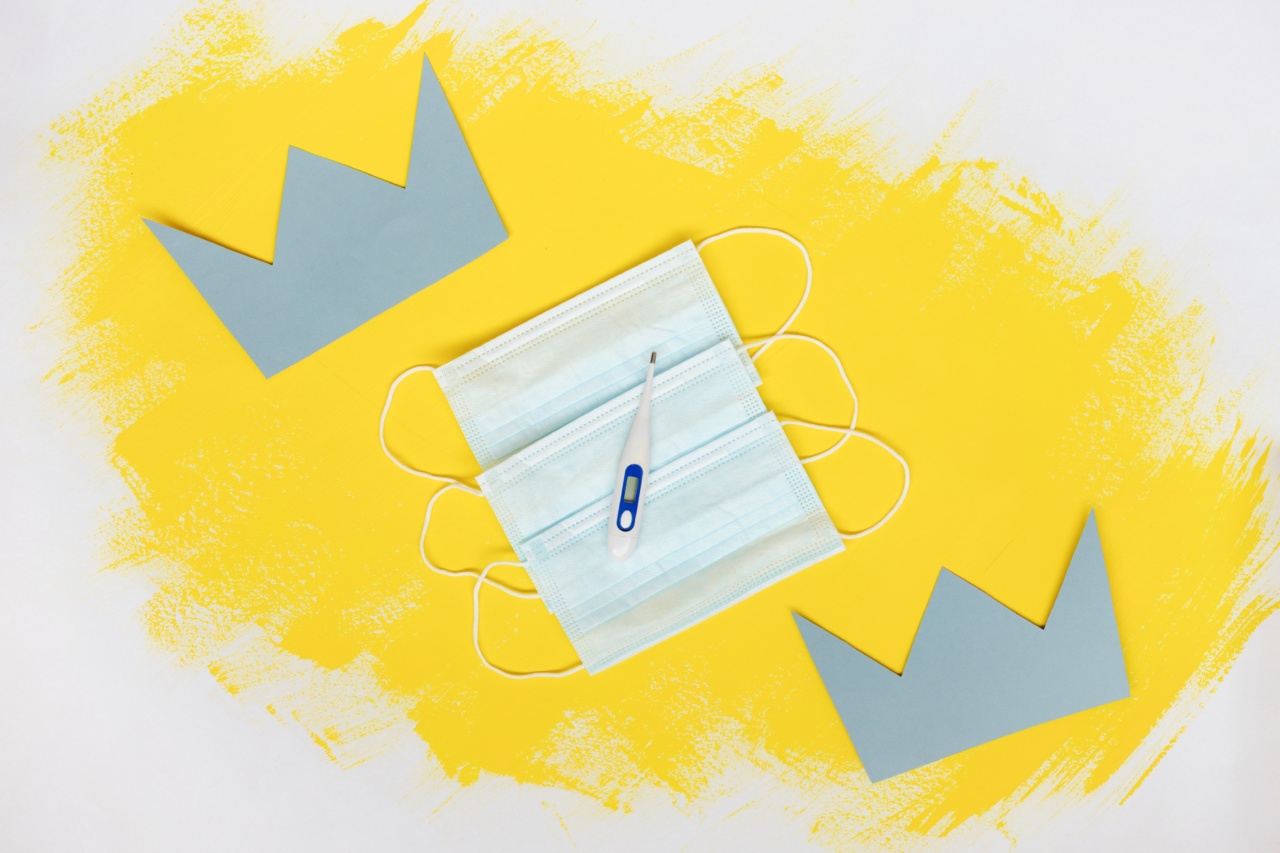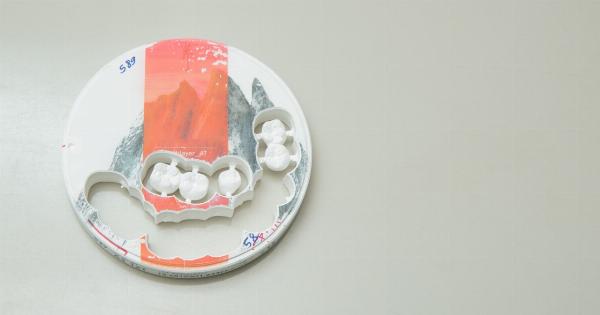Breathing from your mouth might seem like something that should come naturally, but sometimes it doesn’t. Maybe you’re congested and can’t breathe through your nose, or maybe you’re just used to breathing that way.
Whatever the reason, did you know that breathing from your mouth can be harmful to your health? Here’s why.
1. Lack of filtration and humidification
When you breathe through your nose, tiny hairs called cilia help to filter out dust, dirt, and other particles. The nose also adds moisture to the air, which helps to keep it from drying out your throat and lungs.
When you breathe through your mouth, you’re not getting any of these benefits. The air you breathe will be drier and more irritating to your throat and lungs.
2. Increased risk of infections
As we mentioned earlier, the nose filters out harmful particles from the air we breathe. But it’s not just particles that can be harmful to our health.
Bacteria and viruses can also be present in the air, especially in crowded, poorly ventilated areas. When we breathe through our mouth, we’re more likely to inhale these pathogens, increasing our risk of getting sick.
3. Dental problems
When we breathe through our mouth, our saliva production decreases, which can lead to dry mouth. Dry mouth can cause a host of dental problems, including tooth decay and gum disease.
Mouth breathing can also lead to crooked teeth and a misaligned bite, especially in children whose facial bones are still developing.
4. Sleep problems
Mouth breathing can be especially harmful when we’re sleeping. When we breathe through our mouth while we sleep, we’re more likely to snore and have disrupted sleep patterns.
This can lead to poor quality sleep, which can have a negative impact on our overall health and well-being.
5. Decreased oxygen intake
When we breathe through our mouth, we’re taking shorter and shallower breaths than when we breathe through our nose. This means that we’re not getting as much oxygen into our lungs, which can lead to fatigue and other health problems.
Mouth breathing can also exacerbate conditions like asthma and COPD, making it more difficult to breathe.
6. Chronic bad breath
When we breathe through our mouths, we’re not getting the natural cleaning and flushing action of saliva that we would if we were breathing through our noses. This can lead to bad breath, or halitosis, that can be difficult to get rid of.
7. Increased risk of asthma and allergies
Studies have shown that mouth breathing can increase the risk of developing asthma and allergies.
This may be due to the fact that we’re inhaling more allergens when we breathe through our mouths, or it may be related to changes in the immune system that occur as a result of mouth breathing. Whatever the cause, it’s clear that breathing through our mouths can have a negative impact on our respiratory health.
8. Decreased energy and focus
When we’re not getting enough oxygen into our bodies, it can lead to decreased energy and mental focus. This can be especially noticeable in children, who may struggle in school or have difficulty with physical activities like sports.
Adults may also feel the effects of mouth breathing, with decreased productivity at work and difficulty focusing on tasks.
9. Increased risk of heart disease
Research has shown that mouth breathing can lead to changes in the way that our bodies handle oxygen. This can increase the risk of heart disease and other cardiovascular problems, especially in people who are already at risk.
10. Increased risk of sleep apnea
Mouth breathing can be a sign of sleep apnea, a condition that causes breathing to stop and start during sleep. If left untreated, sleep apnea can lead to serious health problems, including high blood pressure and heart disease.
Conclusion
Breathing through your mouth might seem like a harmless habit, but as you can see, it can have a negative impact on your health.
If you find that you’re breathing through your mouth more often than not, it might be worth talking to your doctor or a sleep specialist to see if there are underlying issues that need to be addressed.


























